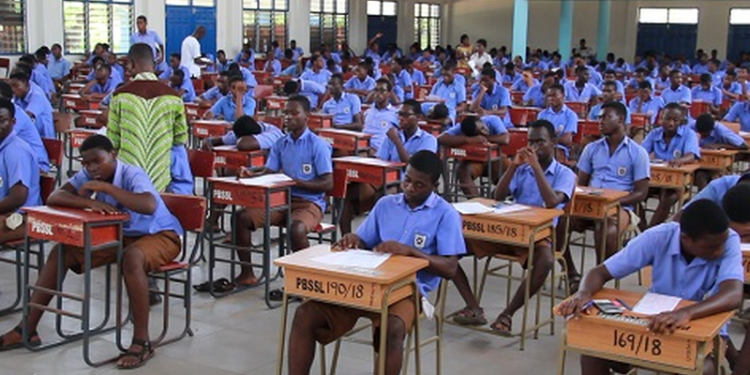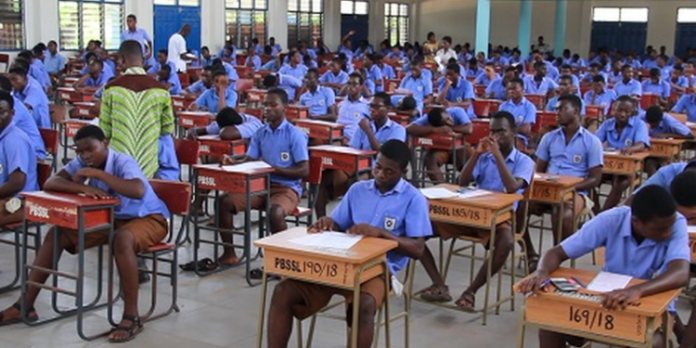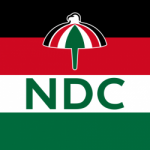
Education think tank Africa Education Watch (Eduwatch) has praised the Ghana Education Service (GES) for implementing new measures to hold Senior High School (SHS) heads accountable for examination malpractices during this year’s West African Senior School Certificate Examination (WASSCE).
As part of the GES’s directive, all SHS heads are now required to sign an undertaking aimed at ensuring a malpractice-free WASSCE. In a statement released on Tuesday, August 12, 2025, Eduwatch described the policy as a strong, decisive initiative that emphasizes the critical role school leadership plays in protecting the integrity of Ghana’s education system.
Eduwatch also emphasized that the accountability framework should extend beyond malpractices identified by invigilators, supervisors, and inspectors during the exams. The think tank argued that the oversight should also encompass irregularities detected by the West African Examinations Council (WAEC) after the examination scripts have been marked.
Citing WAEC data from 2018 to 2023, Eduwatch highlighted a concerning disparity: while only 1,439 cases of collusion were reported at examination centres, a staggering 82,141 cases were uncovered post-marking. This discrepancy suggests that less than two percent of collusion is detected on-site during examinations.
Given the significant supervisory responsibilities of school heads during the WASSCE, Eduwatch recommended that any SHS head whose institution records at least 10 percent subject result cancellations should face severe sanctions from the GES.
Eduwatch further linked the rise in examination malpractices to the WASSCE Pass Rate Performance Contracts signed by school heads and the WASSCE School Rankings, warning that these practices may inadvertently incentivize cheating. The organization called for these contracts and rankings to be abolished and replaced with intermediate outcome indicators that encourage quality learning without fostering incentives for malpractice.
In its statement, Eduwatch reiterated its commitment to working with stakeholders to strengthen examination integrity and preserve the credibility of Ghana’s education system.
The call comes amid ongoing efforts by the GES and allied institutions to enhance surveillance and enforcement of examination regulations nationwide to uphold fairness and discipline in the education sector.























































![[FREE FREE MONEY] Predict and Win a Guaranteed GH¢200 From Us EVERY WEEK](https://wordpress.ghanatalksradio.com/wp-content/uploads/2022/02/Predict-and-Win-Final-09-03-2021-218x150.jpg)
![[Predict & Win – 8th/Oct.] WIN A Guaranteed ¢200 From Us This Week](https://wordpress.ghanatalksradio.com/wp-content/uploads/2021/10/maxresdefault-16-218x150.jpg)
![[Predict & Win – 2nd] WIN A Guaranteed ¢200 From Us This Week](https://wordpress.ghanatalksradio.com/wp-content/uploads/2021/09/maxresdefault-50-218x150.jpg)
![[Predict & Win – 25th] WIN A Guaranteed ¢200 From Us This Week](https://wordpress.ghanatalksradio.com/wp-content/uploads/2021/09/maxresdefault-36-218x150.jpg)
![[Predict & Win – 18th] WIN A Guaranteed ¢200 From Us This Week](https://wordpress.ghanatalksradio.com/wp-content/uploads/2021/09/maxresdefault-23-218x150.jpg)










![[National cathedral] See full list of churches that have contributed since 2018](https://wordpress.ghanatalksradio.com/wp-content/uploads/2020/09/Ghana-National-Cathedral-GhanaTalksRadio-100x70.jpg)



